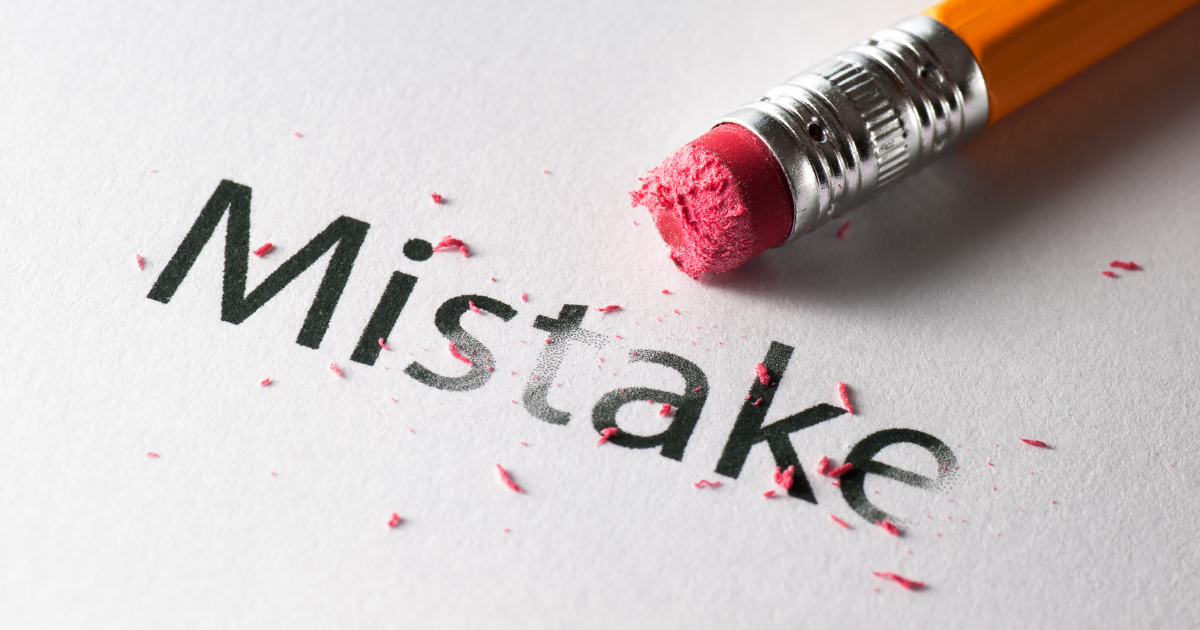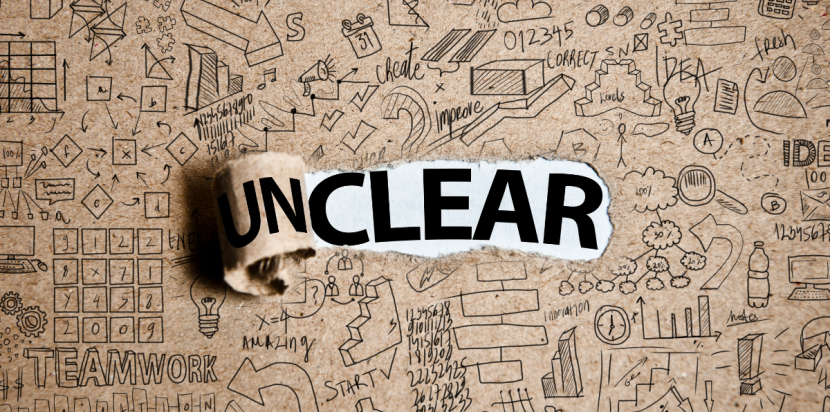
5 Mistakes Companies Should Avoid When Planning a Corporate Team Building
Corporate team building is often viewed as a fun break from the daily grind—a chance for employees to bond, laugh, and maybe even try something new. But the real purpose of team building goes beyond games and activities. Done right, it fosters collaboration, strengthens relationships, and builds a sense of unity that drives success. Done wrong, it can feel like a wasted day.
Here are five mistakes companies should avoid to ensure their team building initiatives deliver lasting impact.
1. Unclear Objectives
Imagine planning an entire day of activities without knowing why you’re doing them. That’s what happens when companies fail to set clear objectives for their corporate team building. Without a defined goal, team building risks becoming a day of fun and games with little long-term benefit.

Why objectives matter:
- Objectives give purpose. Are you trying to improve communication? Build trust? Strengthen problem-solving skills? Knowing the goal ensures every activity is aligned with your desired outcomes.
- They guide evaluation. With clear goals, it’s easier to assess the success of the event and determine if it brought meaningful benefits to your team and organization.
Pro Tip:
Begin with the end in mind. Outline specific, measurable objectives and design activities that support these goals. This ensures the team building session creates a ripple effect long after the event ends.
2. Choosing Activities That Are Unsuitable for Your Team
Not all team building activities are a good fit for everyone. A one-size-fits-all approach can leave some employees feeling excluded or uncomfortable. Before selecting activities, it’s crucial to consider the abilities, preferences, and comfort levels of your team members.
Why suitability matters:
- Physical abilities vary. Activities like obstacle courses or hikes may be exciting for some but daunting or impossible for others.
- Interests differ. While some employees thrive in competitive scenarios, others might prefer collaborative or creative challenges.
- Inclusivity builds trust. Choosing activities that everyone can participate in ensures all employees feel valued and included.
Pro Tip:
Survey your team in advance to gauge their preferences and capabilities. Offer a mix of indoor and outdoor options, and always have alternatives for those with specific needs.
3. Treating It as an Occasional Event Instead of a Process
One of the biggest misconceptions about team building is that it’s a quick fix. A single event won’t magically transform team dynamics. Effective corporate team building is a continuous process, not a one-time checkbox.
Why it’s an ongoing effort:
- Trust takes time: Building strong relationships among team members requires consistent effort and reinforcement.
- Long-term impact: Regular team-building activities ensure the lessons learned are reinforced and become part of your workplace culture.
Pro Tip:
Incorporate team building practices into your routine. Host smaller, ongoing activities throughout the year—whether it’s monthly brainstorming sessions, lunch-and-learns, or team challenges. This keeps the momentum going and solidifies the benefits over time.
4. Neglecting Employee Feedback (and Follow-Up
A common mistake is to treat team building as a one-and-done affair without following up. Failing to gather feedback from employees after the event misses a golden opportunity to understand what worked and what didn’t.

Why feedback matters:
- It reveals employee perspectives: Understanding their takeaways can show whether the event achieved its objectives or fell short.
- It encourages improvement: Honest feedback helps fine-tune future efforts, ensuring that team building evolves and remains relevant.
Pro Tip:
Use surveys or informal discussions to gather feedback after the event. Ask questions like:
- “What was your favorite part?”
- “What could have been better?”
- “How can we make the next one more impactful?”
Act on this feedback to demonstrate you value their input and are committed to continuous improvement
5. Trying to Do Everything Yourself
Planning a corporate team building can feel like juggling flaming torches while balancing on a tightrope. Between managing work responsibilities and coordinating activities, it’s easy to burn out or end up with a lackluster event.

Why you shouldn’t go solo:
- Time-consuming: Effective planning requires significant time and effort, which can detract from your core job responsibilities.
- Expertise matters: Professionals specializing in team building events have the experience and resources to create impactful and seamless experiences.
Pro Tip:
Don’t hesitate to delegate. Whether it’s forming an internal planning committee or hiring an external team-building company like Vision Building, seeking help allows you to focus on your team while leaving logistics to the experts.
Final Thoughts
Corporate team building events are a powerful tool to strengthen teams, but they need to be executed thoughtfully to achieve meaningful results. By avoiding these five common mistakes—setting unclear objectives, skimping on planning, neglecting feedback, going it alone, and treating it as a one-off event, you’ll ensure your team-building efforts are impactful and sustainable.
Team building isn’t just about the event—it’s about the journey. Invest in that journey, and your team will thank you with improved collaboration, morale, and performance.